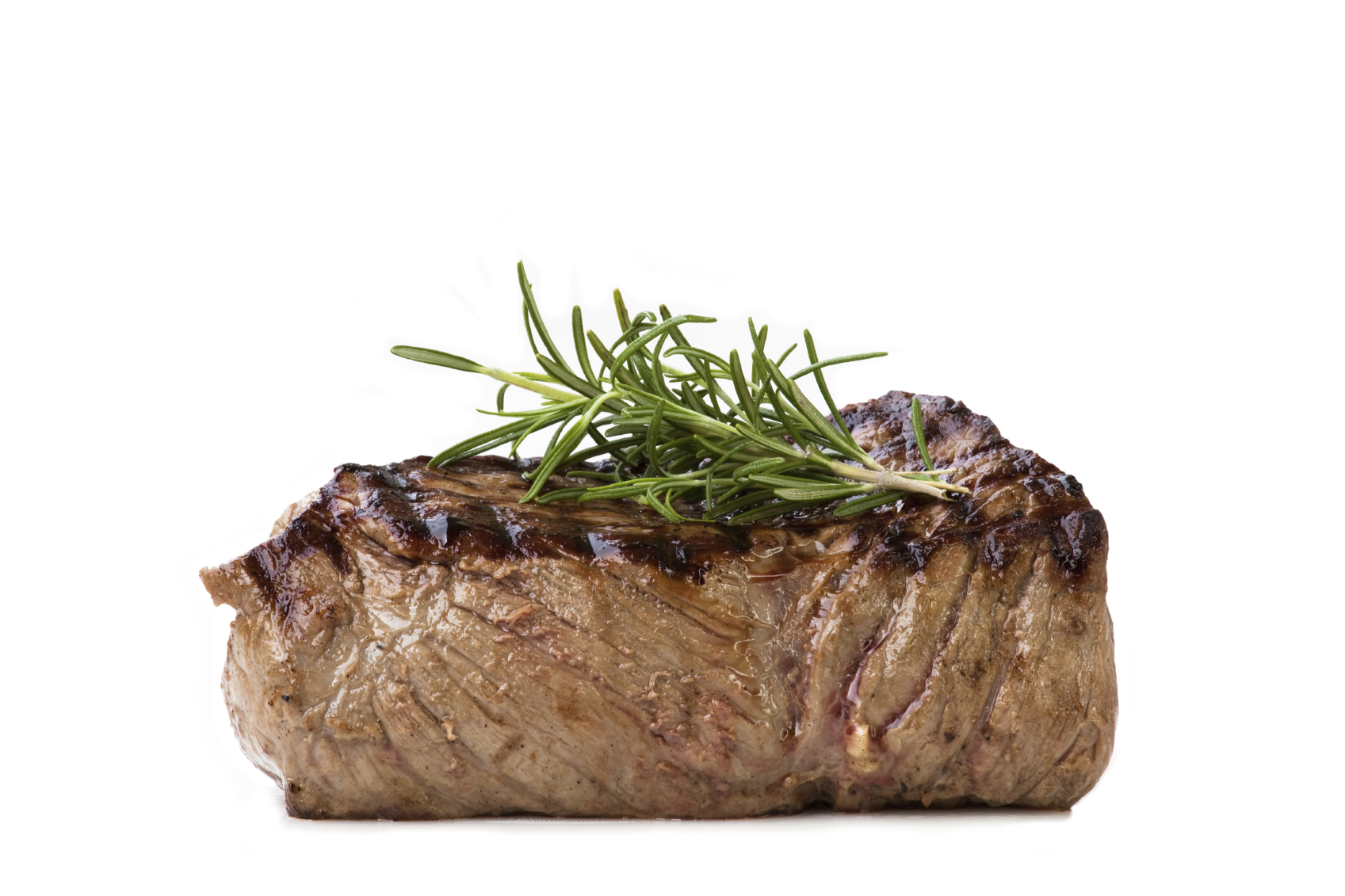Red meat is in the headlines again… The news isn’t good, either. But that’s only if you take it at face value.
Researchers at Harvard wanted to see if certain eating habits can help determine breast cancer risk. They looked at data from more than 88,000 nurses.
After two decades, nearly 3,000 of them developed breast cancer.
Looking a little closer at the data, researchers found that women who ate the most red meat were at 22% greater risk for breast cancer. For every serving of red meat these women ate each day, their risk rose by about 13%. And women on birth control were at the most risk—a shocking 54% per steak.1
It sounds dire… And if you look at the way the mainstream is covering the story, things may seem even worse.
Their focus—of course—was on the link between eating red meat and developing breast cancer… But there’s some key information from this study that may be even more important.
First, the study relied entirely on survey responses. It may seem cynical…but you can’t trust people to be completely accurate—or honest—about what they eat. It also doesn’t help that these women were given these surveys once every four years—and then asked to recall information from up to 20 years before.2 The study may suggest that eating red meat can increase cancer risk… But it’s not definitive enough to make the claim that eating it will give you cancer.
Next, the study included hamburgers and sandwiches as a source of unprocessed meat. In other words, they considered fast food unprocessed. And they didn’t track how much of it subjects ate. This isn’t to say that eating fast food will give you breast cancer… But the inflammation, trans-fats, hidden sugars, and nasty additives won’t help you avoid it.
Finally, the study isn’t all bad news—despite what the headlines may claim.
Researchers estimate that substituting poultry for red meat once a day may reduce breast cancer risk by 17%. In fact, they think that swapping it for just about any other food—nuts, fish, even legumes—could lower risk by 14%.3
We’re not going to suggest you give up red meat. It’s rich in carnitine—an amino acid the helps use fat for energy. Higher levels of it may help prevent heart disease. It may even help lower overall mortality risk by almost 30%.4 But eating a variety of quality proteins—including wild-caught salmon and pastured chicken—is best for your health. Besides, it’s not like swearing off red meat will make you immune to cancer…
Even the women who ate the least amount of red meat saw their breast cancer risk rise by about 4%. But exercise caution when you do eat it.
Always avoid fake or processed meats. Choose 100% grass-fed organic varieties. This means that the cows didn’t eat grain or corn. It also means not having to worry about added hormones or antibiotics. Grass-fed beef is also higher in omega-3 fatty acids that help fight inflammation. Then there’s how you actually cook it… Temperature matters.
Frying, broiling, or grilling meat causes dangerous carcinogenic compounds to form. But this happens with pork, fish, and poultry too.5 Your best bet is to bake. Try to keep it under 300 degrees. It may take a little longer—and seem strange at first—but it helps prevent these compounds from forming. Marinating your meat before cooking it—even on the grill at higher temperatures—may also help stop them.6
Another way to reduce cancer risk is to make sure that your diet also includes plenty of leafy green vegetables, healthy fats, and anthocyanin-rich berries. Avoiding processed sugars and carbs is just as important. But these aren’t the only ways to help lower your risk…
Deep in the Austrian Alps, a thawing glacier has uncovered a medical secret hidden since before the pyramids of Egypt.
Today, a medicine developed from this discovery is the most popular natural cancer treatment in the world. Dr. Georges Halpern, a UCLA researcher, calls it a “major anti-cancer agent,” and “effective in treating many kinds of cancer.”
In human trials, this plant-like organism boosted the blood cells that can kill cancer by 547%.
Go here for more details.
Like this Article? Forward this article here or Share on Facebook.
References:
1http://www.bmj.com/content/348/bmj.g3437
2http://www.channing.harvard.edu/nhs/questionnaires/pdfs/NHSI/1992.pdf
3Idem
4http://www.medpagetoday.com/upload/2013/4/12/jmcp_ft88_4_2.pdf
5http://www.cancer.gov/cancertopics/factsheet/Risk/cooked-meats
6http://losangeles.cbslocal.com/2013/07/02/research-suggests-meats-cooked-at-certain-temperatures-can-potentially-cause-cancer/

